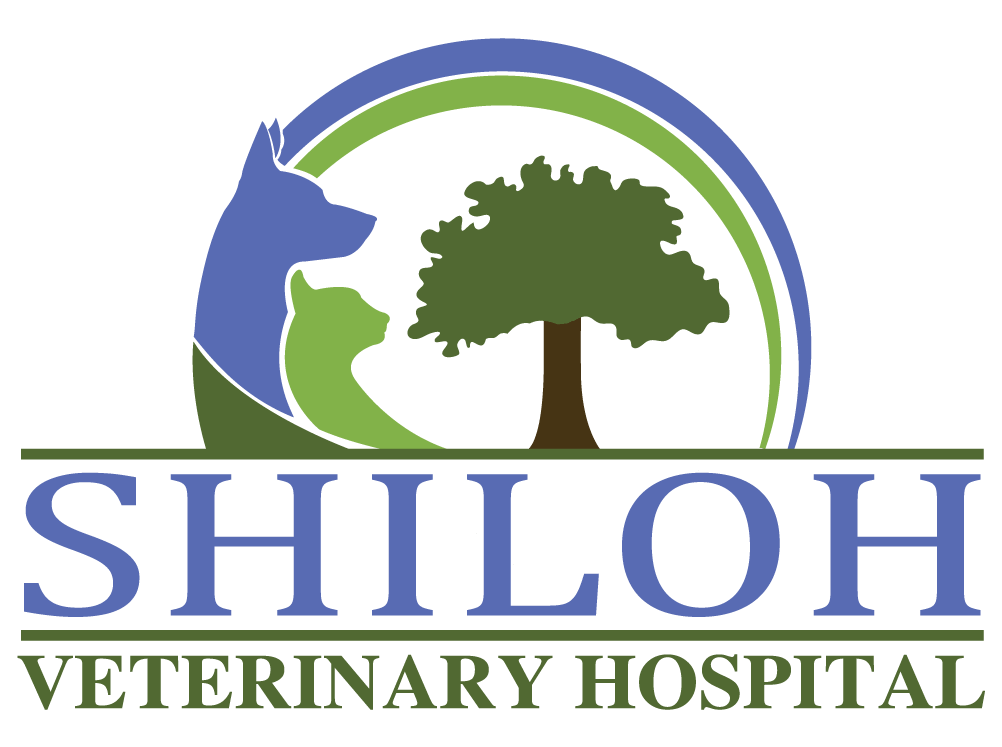At Shiloh Veterinary Hospital we take all anesthetic cases very seriously. We utilize the safest, multi-modal approach that is individually created for each dog or cat. It includes injectable medications for sedation and pain management as well as gas anesthetic agents. The combination of pre-anesthetic assessment of your pet (including blood work), use of modern anesthetic agents, and the latest anesthetic monitoring equipment means that anesthesia is generally considered to be a very low risk for your pet.
All anesthesia has a risk. Our goal is to minimize this risk. We do this in several ways:
- Physical Exam: Your pet will receive a thorough physical exam before anesthesia.
- Lab work: Before every anesthetic episode, we recommend a complete blood count (CBC) and serum chemistry. The CBC will allow us to screen for signs of infection, anemia, and indications of coagulation problems. The chemistry is mainly used to screen for liver and kidney problems, which are the organs that metabolize and excrete the anesthesia. Other health problems can be detected, as well.
- Choices of Anesthetic Agents: At SVH, we offer the most modern choices in drug choices for anesthesia. Each pet is an individual, and drugs are chosen on an individual basis, based on health, weight, and breed.
- Intravenous Catheter: At SVH we prefer an IV catheter be in place for all surgeries. This allows easy administration of drugs to induce anesthesia, administration of fluids during surgery, and access to a vein to give emergency drugs quickly, should a problem arise during surgery.
- Monitoring during anesthesia: Detecting a problem early is the best way to prevent more serious problems. Our advanced anesthesia monitoring devices will monitor your pet’s vital signs, including heart and respiration rates, ECG, and pulse ox, during surgery. A trained assistant will be also be present to subjectively monitor your pet’s anesthesia level.
